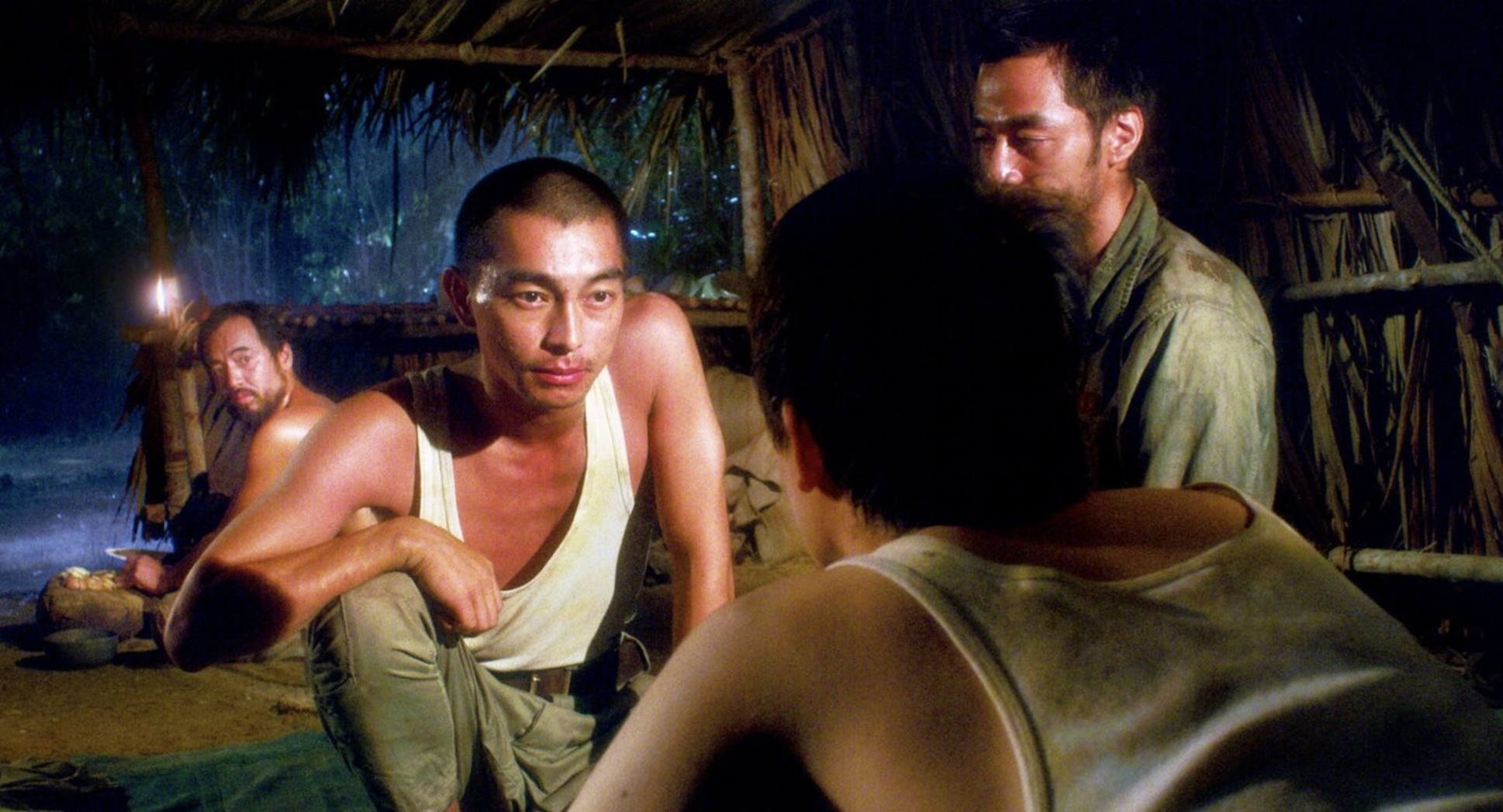It's an incredible story, but it's one that only really deserves to be told a certain way, which director Arthur Harari gets right. Onoda's one-man crusade to continue World War II is nothing short of delusional, and Harari spends most of the film following the soldier as his companions die one by one, worsening his delusions even further. Unfortunately, even with how impressively strange this story is, 10,000 Nights in the Jungle still misses the opportunity to look through the lens of Onoda's victims. He is, after all, a literal embodiment of colonization's lingering effects, so it's sad that the Philippines here is just window dressing more than anything.
Synopsis
Japan, 1944. Trained for intelligence work, Hiroo Onoda, 22 years old, discovers a philosophy contrary to the official line: no suicide; stay alive whatever happens; the mission is more important than anything else. Sent to Lubang, a small island in the Philippines where the Americans are about to land, this role will be to wage a guerrilla war until the return of the Japanese troops. The Empire will surrender soon after; Onoda, 10,000 days later.
Storyline
The true story of Japanese soldier Hiroo Onoda, who refused to surrender with Japan in the Philippines at the end of World War II, and continued terrorizing Filipino citizens until the 1970s.
TLDR
When you're such a colonizer that even your own country thinks you're just a weirdo.
What stands out
That said, this really is a stunning character study that gets around its somewhat bland visual design through excellent performances. As the younger and older Onoda, respectively, Yuya Endo and Kanji Tsuda understand exactly what's required of them and make sure to portray the soldier as someone who's convinced himself that he's doing a great service—when he's really just scared and confused underneath. And the other soldiers alongside Endo and Tsuda are great counterpoints to Onoda; they're the ones you ultimately feel more sympathy for, as they try to see things more rationally before getting picked off one by one.






